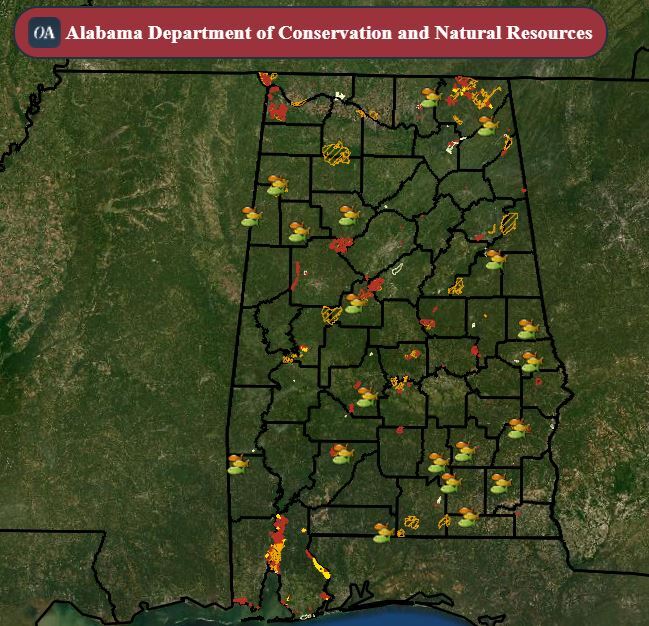Discriminatory legal land takings
Item
Title
Discriminatory legal land takings
Description
In 1964, the state of Alabama sued Lemon Williams and Lawrence Hudson, removing the cousins from two 40-acre farms their family had worked in Sweet Water, Ala., for nearly a century.
Despite the urging of Judge Emmett F. Hildreth to drop the suit, the state refused. The Associated Press reported that the state’s internal memos and letters on the case are peppered with references to the family’s race.
Associated Press investigators located deeds and tax records documenting that the family had owned the land since an ancestor bought it on January 3, 1874. However, in 1906 the federal government designated the land as “swampland and patented the property to the state of Alabama” - a legal taking. The state was reportedly most interested in using revenue from timber sales from their land to finance state run hospitals. In a 2021 article, Jordan C Patterson argues that the Federal Government of the United States should establish a distributive justice fund to compensate African American farmers and their descendants, who lost over 12 million acres in the twentieth century.
Although many black farmers were compensated for discrimination in the Pigford v. Glickman lawsuit against the USDA (about 23000 claims), this only covered farmers with claims between 1981–1996, excluding farmers who lost millions of acres during previous eras.
Despite the urging of Judge Emmett F. Hildreth to drop the suit, the state refused. The Associated Press reported that the state’s internal memos and letters on the case are peppered with references to the family’s race.
Associated Press investigators located deeds and tax records documenting that the family had owned the land since an ancestor bought it on January 3, 1874. However, in 1906 the federal government designated the land as “swampland and patented the property to the state of Alabama” - a legal taking. The state was reportedly most interested in using revenue from timber sales from their land to finance state run hospitals. In a 2021 article, Jordan C Patterson argues that the Federal Government of the United States should establish a distributive justice fund to compensate African American farmers and their descendants, who lost over 12 million acres in the twentieth century.
Although many black farmers were compensated for discrimination in the Pigford v. Glickman lawsuit against the USDA (about 23000 claims), this only covered farmers with claims between 1981–1996, excluding farmers who lost millions of acres during previous eras.


